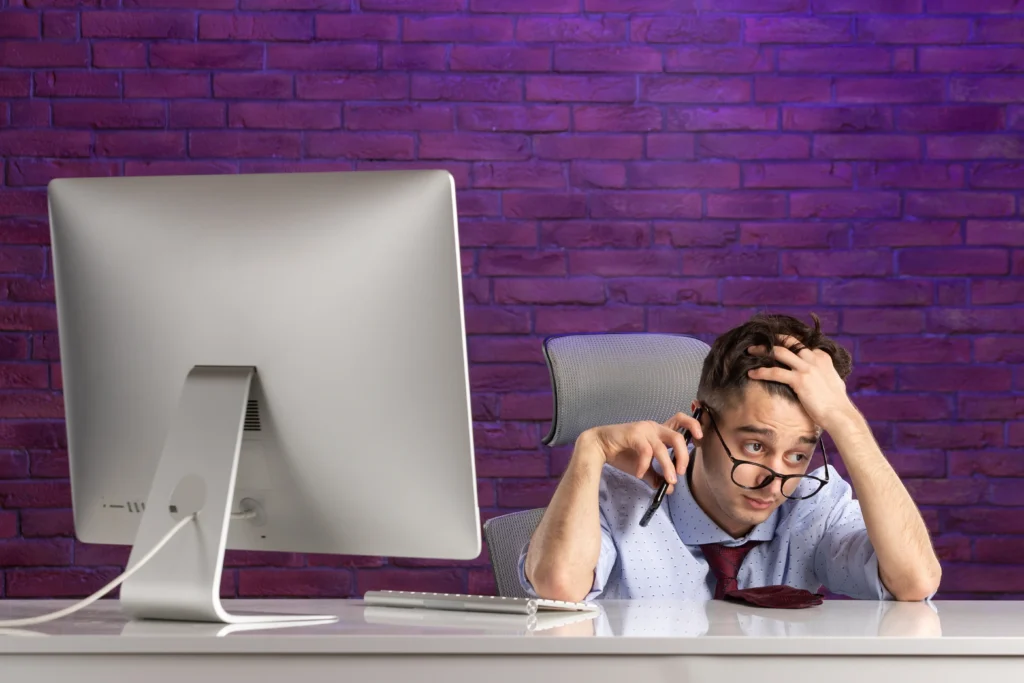How to Fix a Slow PC – Expert Tips to Speed It Up

When your PC takes 10 minutes to boot, it’s not just annoying, it’s fixable. A slow computer can be caused by everything from junk software to aging hardware, but the good news is most of these issues can be solved without replacing your entire system.
Step 1: Clear Cache and Unnecessary Files
Over time, temporary files and cache pile up. Running Disk Cleanup or a third-party cleaner frees space and helps your PC run smoother.
Step 2: Check for Malware
Viruses and spyware are common causes of lag. Use a trusted antivirus to scan and remove threats that slow down your system.
Step 3: Disable Startup Programs
Too many apps launching when you log in can choke performance. Open Task Manager and disable unnecessary startup items.
Step 4: Upgrade Your Hard Drive
Traditional HDDs are slow compared to solid state drives. An SSD upgrade is the single biggest speed boost you can give your PC.
Step 5: Check Your RAM
If your computer struggles to multitask, low memory may be the problem. Adding more RAM lets you run modern apps without slowdown.
When DIY Fixes Stop Working
If you’ve cleared files, run antivirus, and disabled startup programs but your computer still crawls, the slowdown could be due to failing hardware or a deeper system issue.
Professional Solutions That Work
At this stage, expert repair can save time and frustration. Common fixes include:
- Full virus removal and system cleanup
- SSD upgrades to replace slow hard drives
- Deep diagnostics to catch hardware problems early
Don’t Replace It Just Yet
Many people think a sluggish PC means it’s time to buy a new one. In reality, most slow computers can be revived with the right upgrades. Don’t throw it out — bring it in for a free check before you spend on a replacement.
👉If you’re dealing with a slow laptop , check out our full guide on
👉 Learn more about our professional virus removal, and explore how an SSD upgrade can transform your computer’s speed.